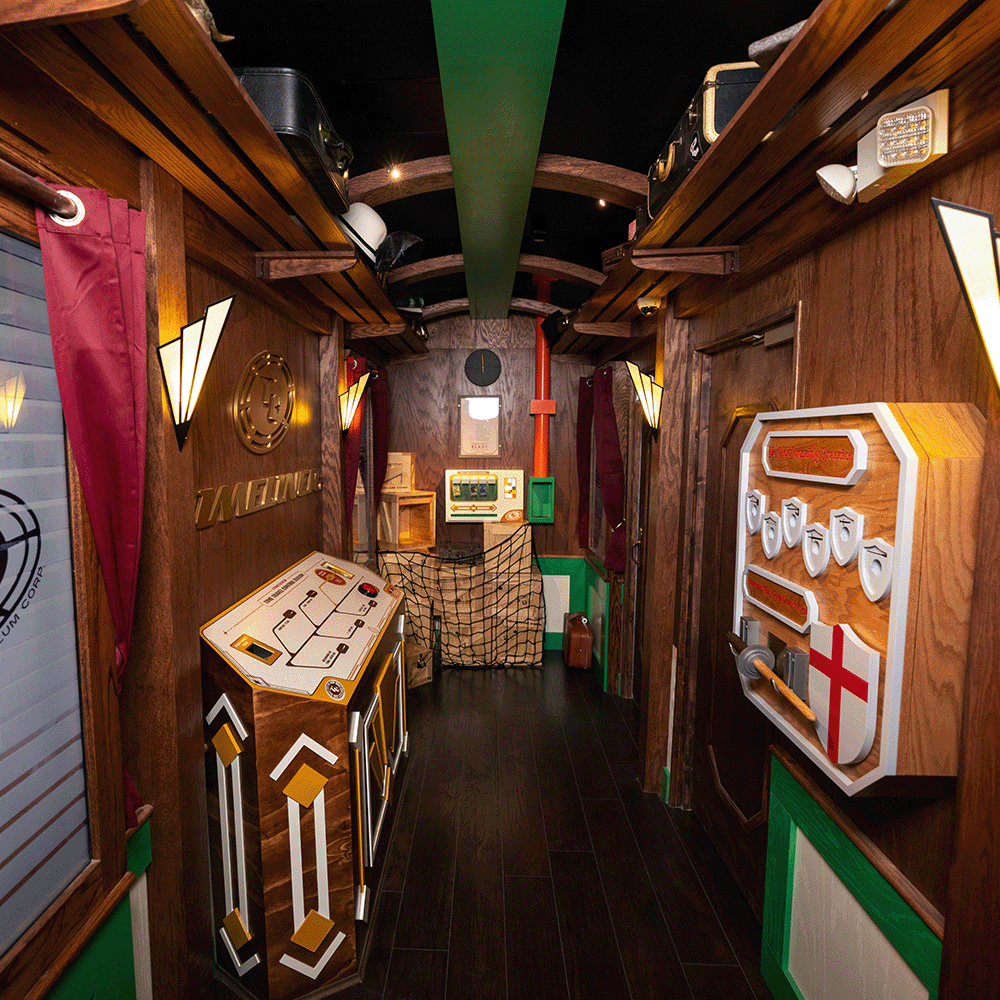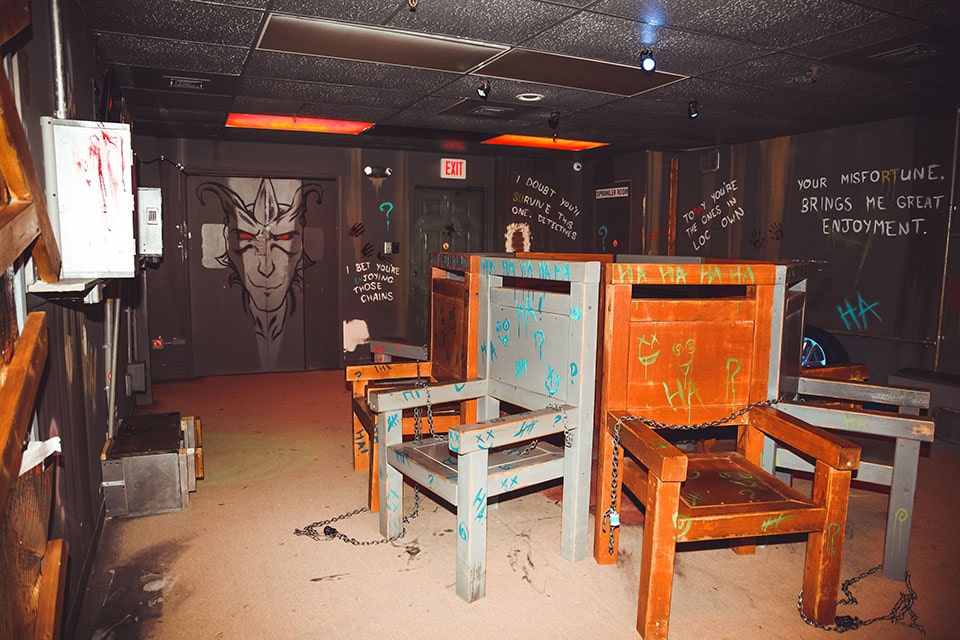Best Escape Room-- Test Your Abilities and Resolve the Mystery
Best Escape Room-- Test Your Abilities and Resolve the Mystery
Blog Article
Team Approaches: Just How to Work together Effectively in an Escape Area
Browsing the complexities of a getaway room requires even more than plain enthusiasm; it requires a well-coordinated approach based in clear interaction, critical function projects, and experienced time administration. Groups need to actively pay attention per member's understandings, designate functions that align with specific toughness, and preserve normal check-ins to make sure emphasis and stop redundancy. By fostering a setting that values communication and adaptability, teams can considerably enhance their efficiency and success prices. The subtleties of these strategies can change the experience, but just how precisely can they be applied to make best use of the capacity for success?
Establish Clear Communication

To assist in clear communication, it is important to designate a central point of call for information dissemination. This function entails summarizing findings and proposed approaches to make sure everybody remains on the very same page. Furthermore, embracing a methodical strategy to conversations can prevent chaotic exchanges. For example, brief, concentrated updates from each employee can keep the team informed without frustrating them with info.

Appoint Roles Purposefully
While clear communication establishes the structure for reliable teamwork, appointing functions purposefully guarantees that each staff member's strengths are made use of properly. In a getaway area situation, the time-sensitive and complicated nature of challenges necessitates an efficient strategy to job delegation. By identifying and leveraging individual proficiencies, groups can maximize their problem-solving capacities and improve total efficiency.
Somebody with a keen eye for information could stand out in discovering covert things, while a rational thinker might be better matched to solving puzzles. This function commonly calls for solid organizational and social skills.
Second, ensure that duties are versatile and versatile. As new challenges arise, the group must be able to pivot, reallocating tasks as required. This adaptability helps maintain energy and avoids traffic jams that can take place due to stiff function tasks.
Ultimately, a tactical strategy to duty task not just makes best use of the staminas of each team member however also promotes a cohesive atmosphere, driving the team towards an effective escape.
Make Use Of Diverse Abilities
Acknowledging and utilizing the diverse abilities within your group can significantly raise your performance in an escape room. Each employee brings unique strengths to the table, and successfully leveraging these capacities can speed up problem-solving and boost overall performance. For example, a group member with strong analytical skills could excel at analyzing complex codes or patterns, while another with eager empirical capacities might promptly find surprise hints that could neglect.
Effective communication is essential to using these varied abilities. Urge employee to articulate their insights and concepts quickly, making certain that all prospective remedies are considered. This inclusive method fosters a dynamic setting where imagination and important thinking can prosper. Additionally, appointing tasks that straighten with each member's strengths can stop bottlenecks and make certain that progression is continuous.
Moreover, variety in abilities usually converts to variety in thinking styles, which is very useful in a retreat room setup. While some obstacles may call for rational reasoning and accuracy, others might gain from advice creative and discover this association of ideas. By identifying and leveraging this variety, teams can address a more comprehensive series of obstacles much more successfully, thereby enhancing their chances of an effective getaway.
Manage Time Efficiently

Identify visible puzzles and divide jobs based on group participants' toughness, guaranteeing that nobody is idle. This practice can aid keep the group concentrated and prevent time from sliding away unnoticed.
Additionally, avoid passage vision. If a problem is taking also long, rotate staff member or proceed to an additional challenge, returning later on with fresh perspectives. Communication is vital-- maintain everyone updated on fixed puzzles and staying tasks to prevent redundant initiatives.
Last but not least, utilize any kind of tips or hints sparingly yet tactically - best escape room. Recognizing when to ask for aid can conserve valuable time. By sticking to these time administration concepts, groups can dramatically improve their opportunities of a successful and pleasurable getaway room experience
Debrief and Mirror
Representation is an essential facet of team advancement and renovation in the context of retreat spaces. Once the obstacle is finished, whether efficiently or otherwise, it is essential for the team to engage in an organized debriefing session. This process enables group participants to examine their performance, identify staminas, and identify useful reference areas for enhancement.
Start the debrief by discussing what worked out. Highlight details circumstances of reliable interaction, analytical, and collaboration. Identifying these positive habits strengthens them and encourages their repeating in future difficulties.
Following, attend to the barriers ran into. Talk about moments of confusion, miscommunication, or inefficient approaches. Urge an open and useful discussion where team members can share their perspectives without fear of objection. This fosters a culture of constant enhancement and knowing.
Final Thought
To conclude, effective collaboration in a retreat space is based upon clear communication, strategic role projects, the reliable use of diverse skills, and skillful time monitoring. Regular check-ins and organized debriefings are necessary for preserving emphasis and fostering continuous enhancement. By developing a natural and flexible group environment, the probability of successfully solving problems and achieving the purpose of escaping the area is significantly improved. This approach not only makes sure success but also promotes cumulative growth and learning.
Report this page